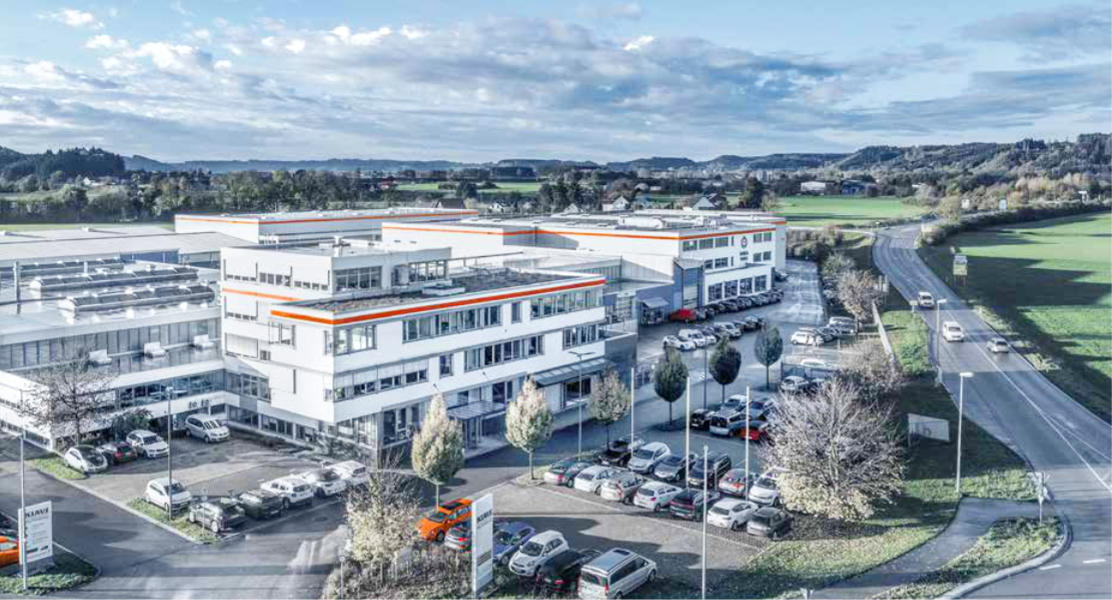

Throughout our history, KLAUS has developed innovative products of the absolute highest quality – all made in Germany.
Of course, it took many decades of technological advancement to make Klaus the leading international supplier of parking systems we are today. We introduced parking systems to the market in 1964, and history was made when we were chosen as the supplier for a 300-vehicle project during preparations for the the 1972 Olympic games in Munich. Today Klaus has over 800,000 parking spaces around the world.
In 2016, we completed construction of our automated robotic manufacturing facility to further increase the precision, safety, and reliability of our products.
In the western United States (Washington, Oregon, Nevada, and California), KLAUS Multiparking has been in operation for more than 25 years in where we have become the leading supplier of mechanical parking systems with nearly 10,000 cars relying on Klaus Multiparking systems every day.
Klaus Multiparking is committed to environmental responsibility. Our products play an important role in reducing cost, waste, and greenhouse gas emissions.
Green Products
All the parts and materials used in Klaus systems are chosen to meet the most stringent environmental protection principles. All systems are built with longevity in mind, and use modern, high quality, environmentally friendly corrosion protection coatings.
Green Operation
Klaus systems consume very little energy to operate, and considering the vehicle path reduction realized by using Klaus systems, the net energy consumption and resulting emissions are potentially less than zero.
Construction emission reduction
Drastically reducing excavation is an important benefit of mechanical parking that plays an important role in lowering both CO₂ emissions and construction cost. In just one modestly-sized project with a total of 329 parking stalls, the use of Klaus systems prevented the emission of over 193,000 Kg of CO₂ in the excavation operation alone.
Material reduction
Concrete is the third largest contributor of worldwide carbon dioxide emissions after automobiles and coal-fueled power plants. Cement manufacturing alone is responsible for roughly 5% of global CO₂ emissions. Concrete is also the largest part of construction and demolition waste, representing about a third of all landfill waste. By producing products that reduce concrete use, Klaus is helping to minimize it’s environmental impact.
